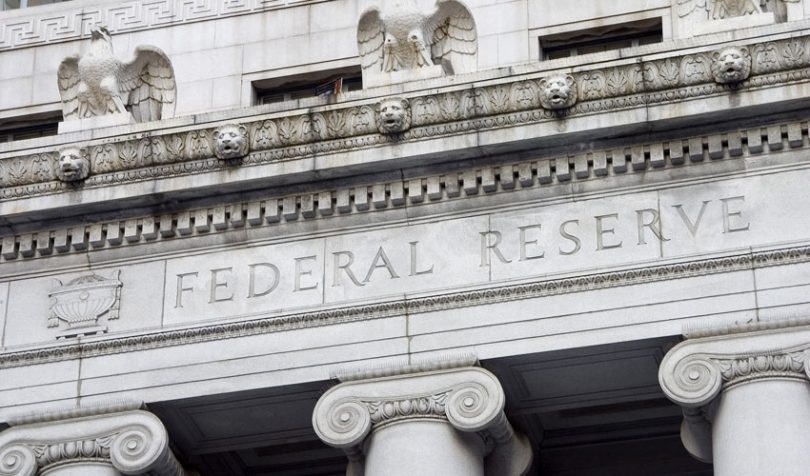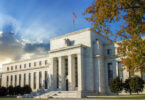Yesterday, the head of the US Federal Reserve Jerome Powell responded to a letter from two Congressmen on central bank digital currencies (CBDCs). He confirmed that the Reserve has analyzed whether a digital currency makes sense for the US and that it has been considering several options.
Fed continues to explore CBDC benefits
In September, French Hill and Bill Foster penned a letter asking the central bank whether it has explored the possibility of a CBDC, and, if it hadn’t, urging it to consider doing so.
Now, the Congressmen have received a response. It turns out that the Federal Reserve has indeed “assessed and [continues] to carefully analyze the costs and benefits of pursuing such an initiative in the US.”
It is currently exploring whether a digital currency would “lead to safer, less expensive, faster, or otherwise more efficient payments.” But for the US, the Reserve has yet to find a compelling case for a CBDC.
Why is now not the time?
Like European Central Bank (ECB) official Dirk Bullman stated last week, Powell wrote that the US has a competitive payments market with fast and cheap services, particularly in comparison to other nations exploring a CBDC. Also as in Europe, there remains a high usage of cash and hence little current demand for a digital alternative.
“To date, our observation is that many of the challenges [CBDCs] hope to address do not apply the US context including disuse of physical cash, narrow reaching or high concentrating banking, or, poorly developed payment infrastructure,” yesterday’s letter summarized. And it points out that the central bank is still working on FedNow, its real-time payment system for private banks.
Powell then noted that a digital currency poses “several significant legal questions”. The Federal Reserve considered the rights of users, and the impact on monetary policy and financial stability. All issues Libra has been scrutinized for.
The questions include: would the CBDC pay interest? Would there be limits on supply? How would the central bank deal with liquidity from the private sector? The latter “entails the risk of exacerbating runs from private markets”.
In particular, a retail CBDC may require the Reserve “to keep a running record of all payment data”, a significant undertaking and something that physical cash does not need.
China, at the forefront of digital currency discussions, is reportedly in talks with Huawei to manage its monetary databases. This may turn out to be controversial, as the tech firm has come under fire for using its devices to violate the privacy of users. Powell writes that privacy is another critical factor the central bank considered.
Right now, it seems, the risks and work involved outweigh the benefits of a digital dollar. While the letter is the Federal Reserve’s most detailed and revealing commentary on CBDCs, some may be disappointed that it is not developing its own.






